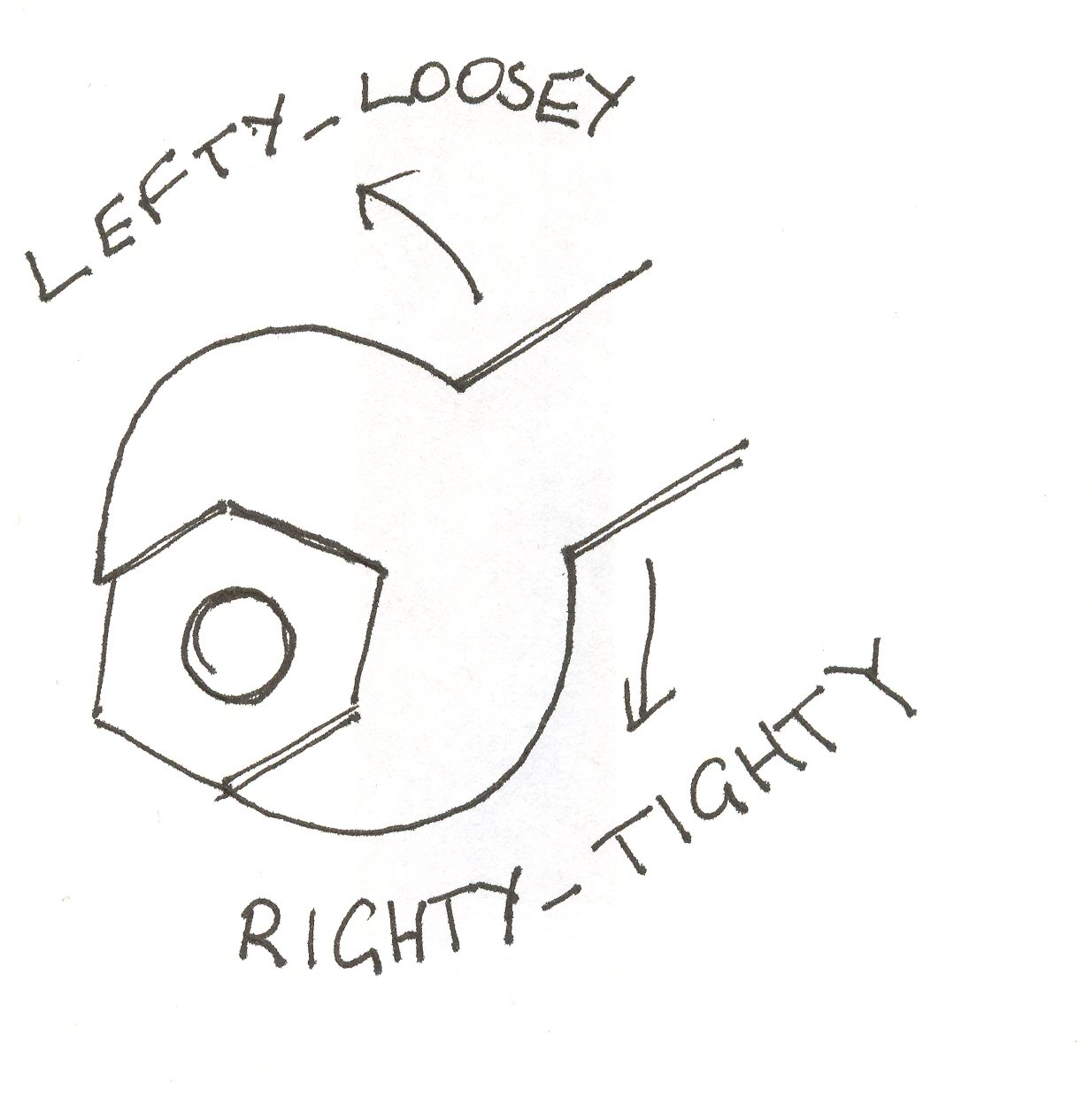this post was submitted on 13 Oct 2024
475 points (97.8% liked)
Asklemmy
44145 readers
1337 users here now
A loosely moderated place to ask open-ended questions
If your post meets the following criteria, it's welcome here!
- Open-ended question
- Not offensive: at this point, we do not have the bandwidth to moderate overtly political discussions. Assume best intent and be excellent to each other.
- Not regarding using or support for Lemmy: context, see the list of support communities and tools for finding communities below
- Not ad nauseam inducing: please make sure it is a question that would be new to most members
- An actual topic of discussion
Looking for support?
Looking for a community?
- Lemmyverse: community search
- sub.rehab: maps old subreddits to fediverse options, marks official as such
- !lemmy411@lemmy.ca: a community for finding communities
~Icon~ ~by~ ~@Double_A@discuss.tchncs.de~
founded 5 years ago
MODERATORS
you are viewing a single comment's thread
view the rest of the comments
view the rest of the comments

But we have: nach fest kommt ab!
Which translates like: after tight comes off
This one...makes no sense to me. What is that supposed to mean (or how does it relate to the original expression)?
Is it some comment about how sometimes it's hard to get something started, but eventually you'll get the result you were looking for, or something?
If you turn the screw to the right, it becomes tight. If you keep turning it, it comes off.
Just means "don't overdo it".
Gotcha, thanks.